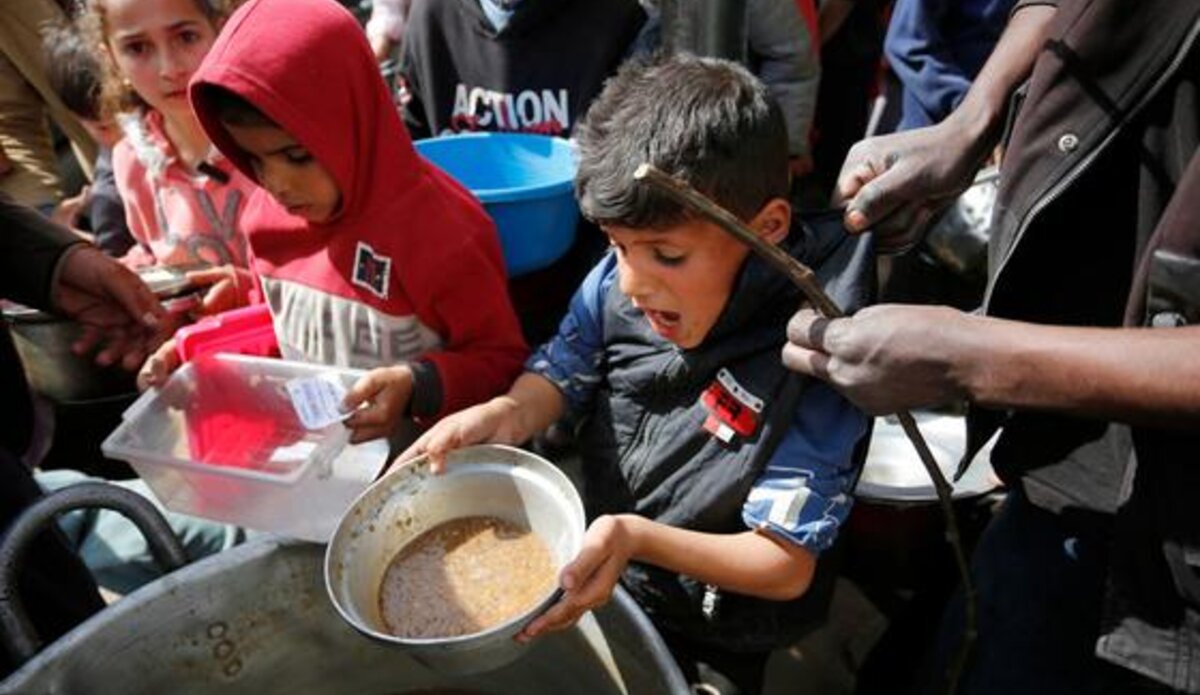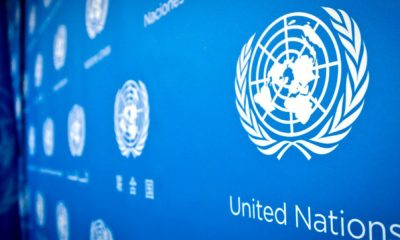NEWS
Global Hunger crisis worsens, 733 million affected — UN

The latest UN State of Food Security and Nutrition in the World (SOFI) report revealed that progress in fighting the global hunger crisis has been set back 15 years, leaving around 733 million people hungry in 2023.
This figure represents one in 11 people globally and one in five in Africa.
The report, jointly published by FAO, IFAD, UNICEF, WFP, and WHO, highlights that global hunger levels have remained static for three consecutive years, with between 713 million and 757 million people undernourished in 2023, about 152 million more than in 2019.
Read Also:
Heatwaves in Europe, Central Asia claim over 300 children’s lives — UNICEF
Maximo Torero, Chief Economist at FAO, warned that if current trends persist, around 582 million people will still face hunger in 2030, half of them in Africa. Regional trends show hunger rising in Africa, affecting 20.4% of the population, while remaining stable in Asia at 8.1%. Latin America has shown some progress with 6.2% facing hunger.
The report also emphasized that Africa faced unique challenges, with hunger driven by conflict, climate extremes, and economic downturns. War remains a major driver, exacerbating the food crisis across countries.
Key findings include that 2.33 billion people globally were moderately or severely food insecure in 2023, with 864 million experiencing severe food insecurity. Economic factors remain a major issue, with 2.8 billion people unable to afford a healthy diet in 2022.
COVID-19 significantly impacted global hunger, with the number of people unable to afford a healthy diet rising in low-income countries by 2022. Despite some improvements in breastfeeding rates and stunting, other malnutrition issues like wasting, anemia in women, and adult obesity continue to worsen.
The report calls for comprehensive approaches to achieve SDG 2: Zero Hunger, including transforming agrifood systems, addressing inequalities, and making healthy diets affordable. Increased, cost-effective financing and better data coordination are essential to bridging the financing gap and strengthening global food security efforts.
UN agency heads stressed the need for substantial investment to end hunger and malnutrition, framing it as both a future investment and a fundamental obligation.



























